Sarah Everard: Met Police in High Court case with vigil organisers
- Published
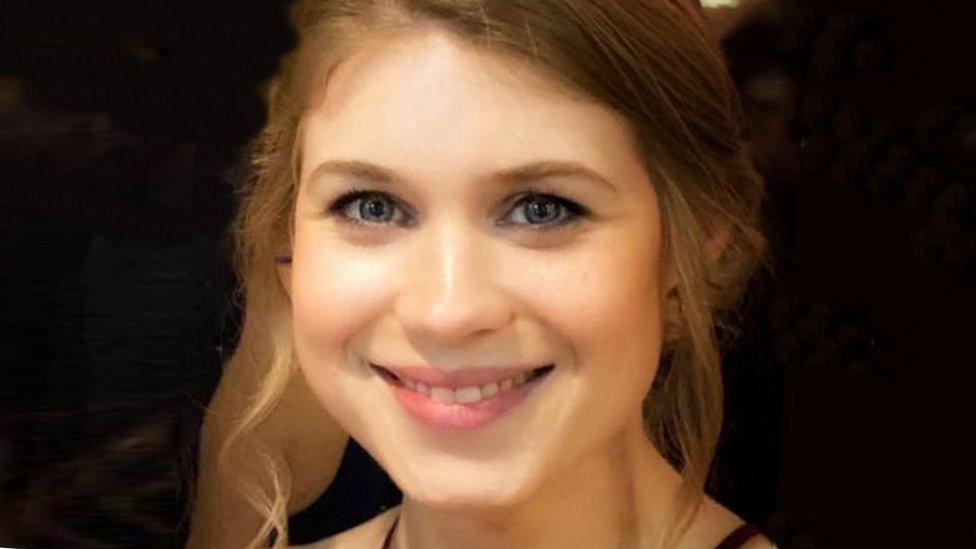
Sarah Everard's murder last March sparked debate about violence against women
A legal challenge by the organisers of a planned vigil for Sarah Everard on Clapham Common has started.
Reclaim These Streets (RTS) alleges the police handling of the plans breached its human rights to freedom of speech and assembly.
Four organisers were told the vigil would breach lockdown law and they subsequently cancelled their plans. A spontaneous event took place anyway, at which there were clashes with police.
The Met Police denies any wrongdoing.
There were clashes between women and police officers on Clapham Common
At the High Court, RTS is setting out how it proposed a vigil in memory of Ms Everard, who was murdered by then-Met PC Wayne Couzens.
Given the lockdown constraints at the time, a socially distanced event to protest against violence towards women was planned near where the 33-year-old went missing in Clapham, south London, in March last year.
But RTS withdrew from organising the event when the Met said its planned gathering would be illegal under lockdown rules in place at the time and the organisers would face fines of up to £10,000 each.
The spontaneous vigil on Clapham Common led to the force being criticised for its policing, although it was cleared by the police watchdog.
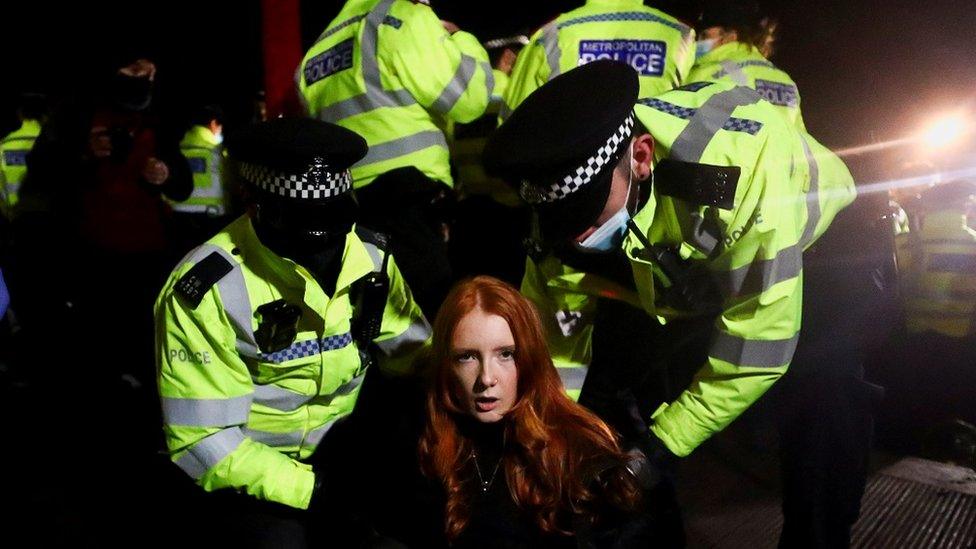
Met officers were accused of oppressing women at the vigil held at Clapham Common
Lawyers for RTS organisers Jessica Leigh, Anna Birley, Henna Shah and Jamie Klingler, argued the Met's handling of the cancelled event breached their human rights to freedom of speech and assembly.
Their lawyers told the High Court that notes of a Met gold command meeting the day before the proposed event included a statement that "we are seen as the bad guys at the moment and we don't want to aggravate this".
Tom Hickman QC, representing the four, said in written arguments: "The most significant 'threat' identified was not public health but the perceived reputational risk to the (force), including in the event they were perceived to be permitting or facilitating the vigil."
The four women are asking High Court judges to make a declaration that their human rights were breached and are seeking £7,500 in damages, which they will donate to a charity concerned with violence against women if they are successful.
The Met is defending the claim and argues there was no exception for protest in the coronavirus rules at the time and it had "no obligation" to assess the public health risk.
Ms Birley said in a statement ahead of the hearing that the aim was to set a precedent that protected the right to protest.
She said: "When we organised the vigil, we never imagined we would end up in the High Court - we believed then, as we believe now, that we have a very clearly defined right to protest, and that if there was ever a reasonable excuse for exercising this right, it was last March when a young woman was abducted, raped and killed by a then-serving police officer.
"At its heart this case is about the police accepting their responsibility under human rights law to facilitate peaceful protest, rather than their consistent attempts to silence and threaten women.
"Women were robbed of their chance to come together in solidarity to mourn Sarah and to stand up to the epidemic of violence against women and girls."
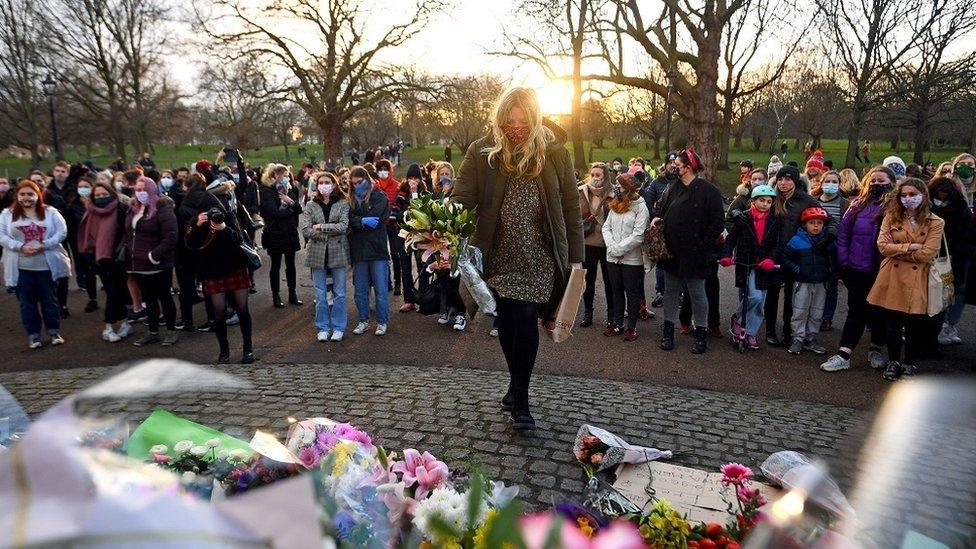
People laid flowers and paid tribute to Ms Everard at the common
The Met denies any wrongdoing, saying the force is a world leader in policing "highly complex" public order events.
In a statement ahead of the hearing, a spokesperson said: "The Met was unable to give an advance assurance to the claimants that their involvement in organising the vigil would not put them at risk of enforcement action during, or subsequent to, that event.
"We do not believe our approach was founded on an inaccurate interpretation of the regulations or that this constituted an unlawful interference with the claimants' rights.
"Throughout the pandemic, officers worked to balance the need to safeguard the public at large from Covid, with the rights of individuals protected by the Human Rights Act 1998."
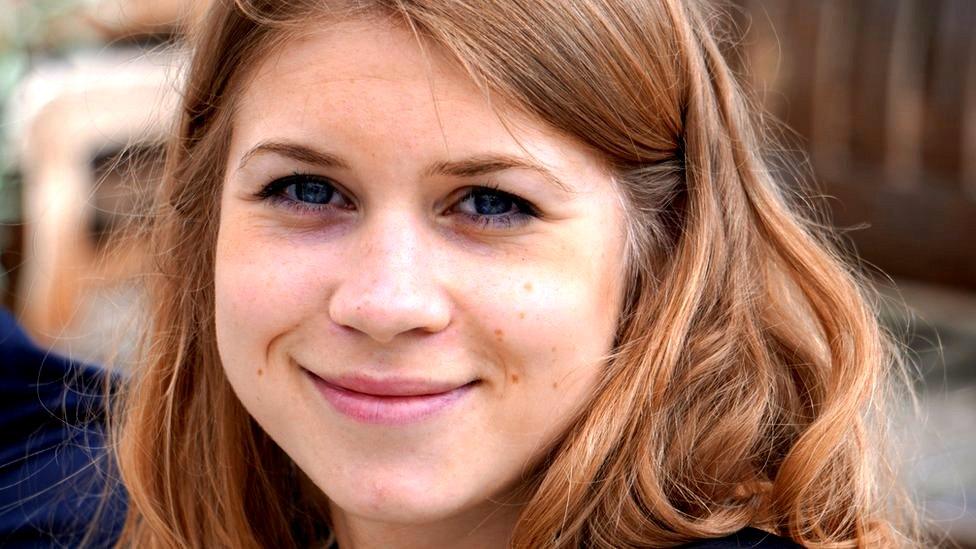
The body of Ms Everard was found hidden in woodland
RTS took urgent legal action in March last year, asking a High Court judge to make an interim declaration that any ban on outdoor gatherings under the coronavirus regulations at the time was "subject to the right to protest".
But the judge declined to grant the group's request and also refused to make a declaration that an alleged force policy of "prohibiting all protests, irrespective of the specific circumstances" was unlawful.
The current hearing, before Lord Justice Warby and Mr Justice Holgate, is due to continue on Thursday.

Follow BBC London on Facebook, external, Twitter , externaland Instagram, external. Send your story ideas to hellobbclondon@bbc.co.uk, external
- Published5 October 2021
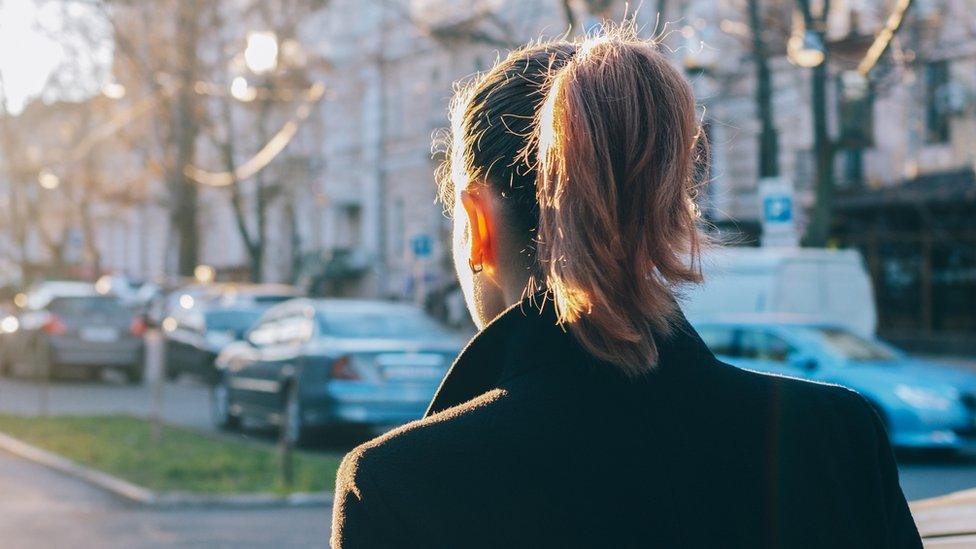
- Published13 March 2021
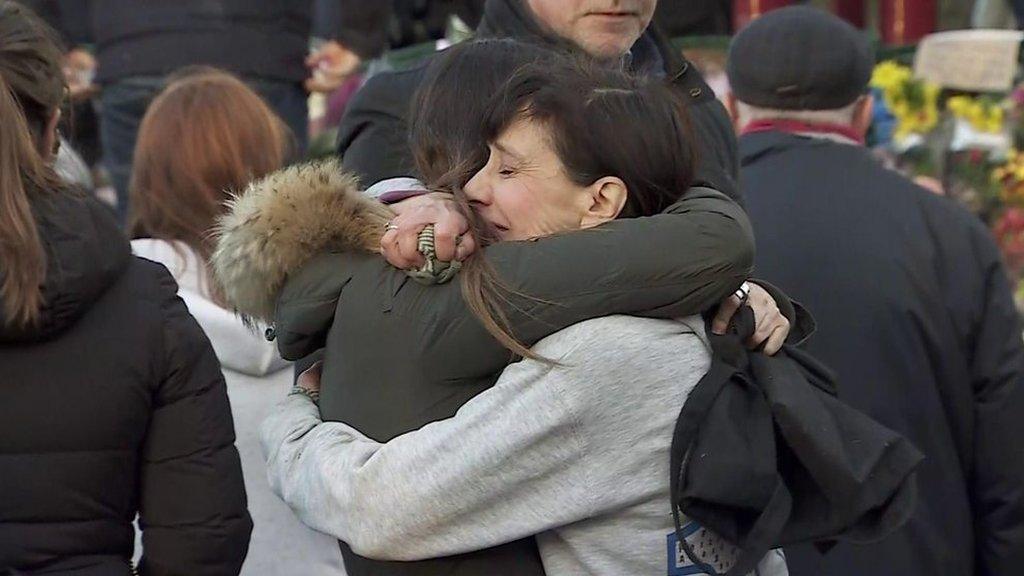
- Published29 September 2021
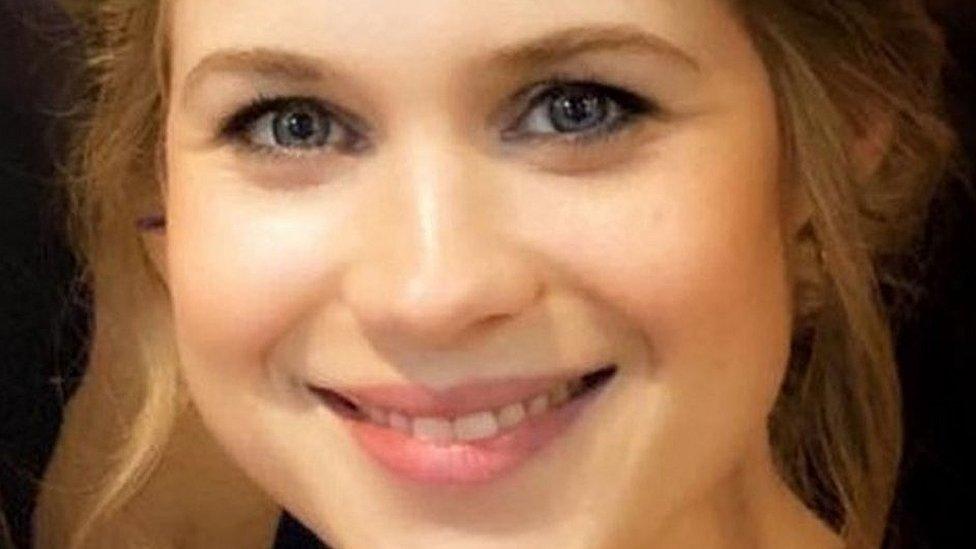
- Published10 January 2022
